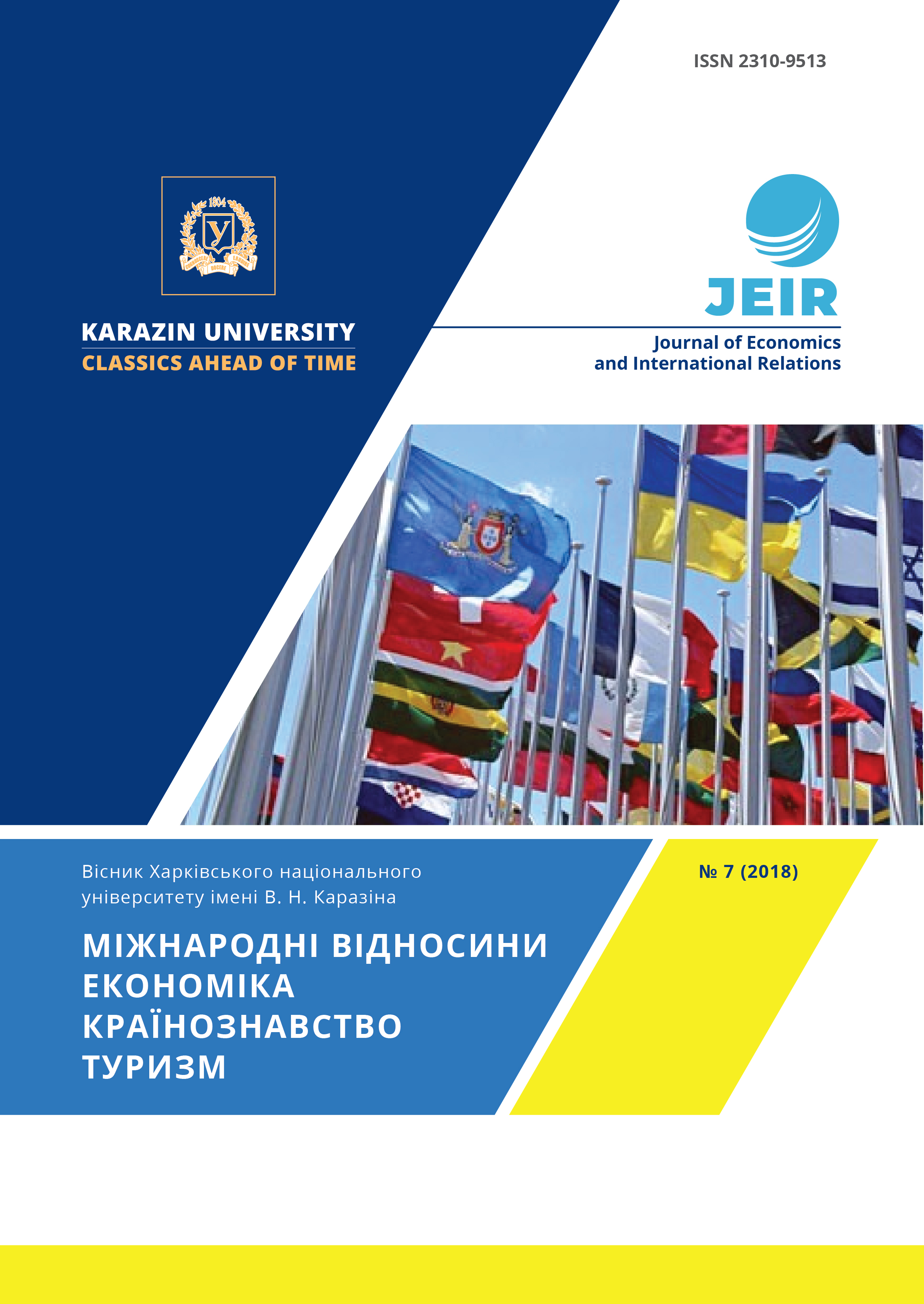Water security of mankind: global and regional dimensions
Abstract
The article outlines modern and perspective water security of mankind, which means the population's ability to have sustainable access to the necessary quantity of acceptable water quality to maintain the existence, well-being and socio-economic development; protection against water-related pollution and disasters; conservation of ecosystems and political stability. The article notes that despite of a huge volume of water on the planet, its fresh resources contained in surface runoff and being the main source of water supply are limited. The work examines geographical, economic, political, anthropogenic factors creating the background for a global water management problem and threat to the water security of mankind. The article analyzes regional water management problems of Africa, the Middle East, Central Asia and other regions; the research underlines the presence of significant political and economic difficulties with the use of the river flow of international river systems. The article considers prospects of the global threat to water security for mankind and ways to overcome it. A high correlation between the growth of the world population and the growth of global water consumption is substantiated. The research shows that by 2030 the water-resource potential of mankind will practically lose the capacity for self-recovery. There should be a strategy to solve the problem and a mechanism to implement it, including the creation of the International Fund for the Streamlining of the Use of the World's Water Resources and the Institute for its Regulatory and Legal Support under the auspices of the United Nations; electronic department of the United Nations with the functions of monitoring the state of water resources and access to them by the population, development of international regulations on water use, creation of design estimates, financing of water projects of global or international importance, monitoring the implementation of water management measures
Downloads
References
Водная безопасность. Обзор водохозяйственного развития в Азии 2013: Оценка водной безопасности в Азиатско-Тихоокеанском регионе. [Електронний ресурс]. — Режим доступу: http://www.cawater-info.net/bk/14-4-1.htm.
Водные войны XXI века - от Fantasy к Reality (доклад ООН о развити человека, 2006. – Что кроется за нехваткой воды). [Електронний ресурс]. — Режим доступу://file:///C:/Users Desktop/Вода/Водные войны XXI века.htm.
Водные ресурсы мира http: [Електронний ресурс]. — Режим доступу://www.priroda.su/item/1319_ru.pdf
Данилов-Данильян В.И. Потребление воды: эколог., экон., соц. и полит. аспекты / В.И. Данилов-Данильян, К.С. Лосев; Ин-т водных проблем РАН. - М.: Наука, 2006. – 221 с.
Максаковский В.П. Географическая картина мира. Пособие для вузов. Кн. I: Общая характеристика мира. Глобальные проблемы человечества. М.: Дрофа, 2008. 192 с
Население земли - счетчик населения мира. [Електронний ресурс]. — Режим доступу: Country Meters countrymeters.info/ru/Worl.
Основные факты: состояние международных водотоков и их управления. [Електронний ресурс]. — Режим доступу:http: //awsassets.panda. org/ downloads/ wwf_un_watercourses_brochure_for_web_aug2012
Территориальная организация водного хозяйства СССР. Голиков А.П. Харьков: Вища школа. Изд-во при Харьковском университе, 1982. – 144 с.
Забруднені стічні води: [Електронний ресурс]. – Режим доступу: http // www. xumuk. ru/ecochem/25.html.
Світові водні ресурси. [Електронний ресурс]. – Режим доступу:.World Water Resources and their Use // International Hydrological Programme.
Citations
Analysis of current trends in water runoff of the Sluch River in terms of extraterritorial impacts of hydrotechnical construction
Korbutiak V M, Stefanyshyn D V, Khodnevych Y V, Lahodniuk O A & Martyniuk V O (2024) IOP Conference Series: Earth and Environmental Science
Crossref
Authors who publish with this journal agree to the following terms:
- Authors retain copyright and grant the journal right of first publication of this work under the terms of a license Creative Commons Attribution License 4.0 International (CC BY 4.0).
- Authors are able to enter into separate, additional contractual arrangements for the non-exclusive distribution of the journal's published version of the work (e.g., post it to an institutional repository or publish it in a book), with an acknowledgement of its initial publication in this journal.
- Authors are permitted and encouraged to post their work online (e.g., in institutional repositories or on their website) prior to and during the submission process, as it can lead to productive exchanges, as well as earlier and greater citation of published work.




